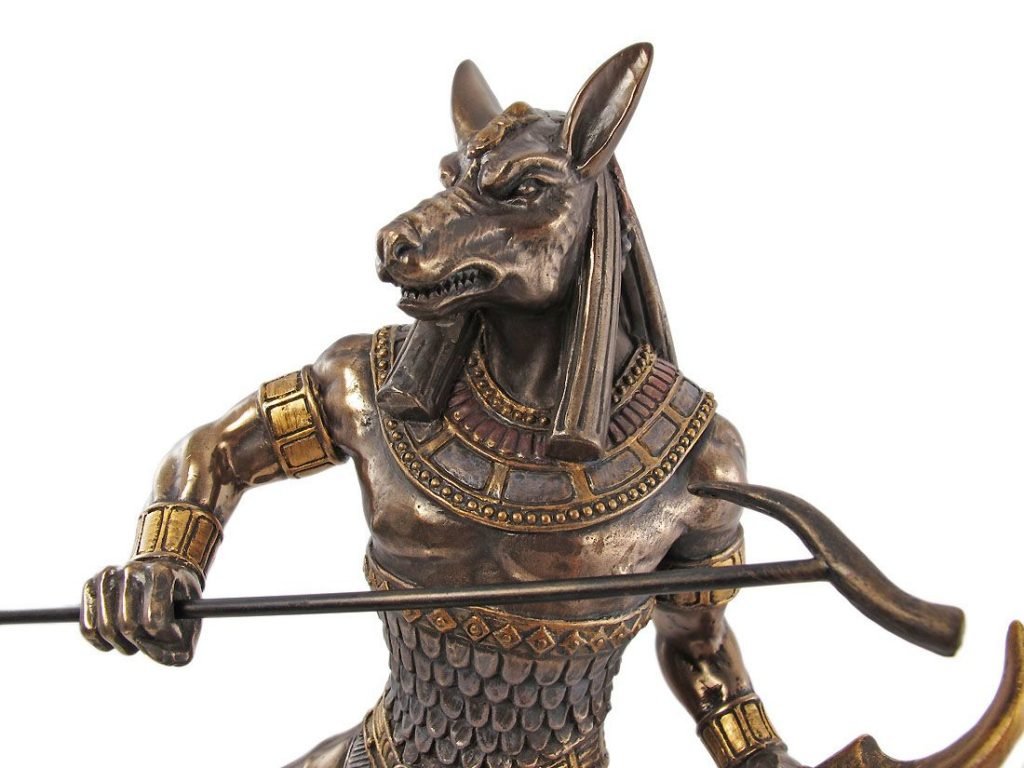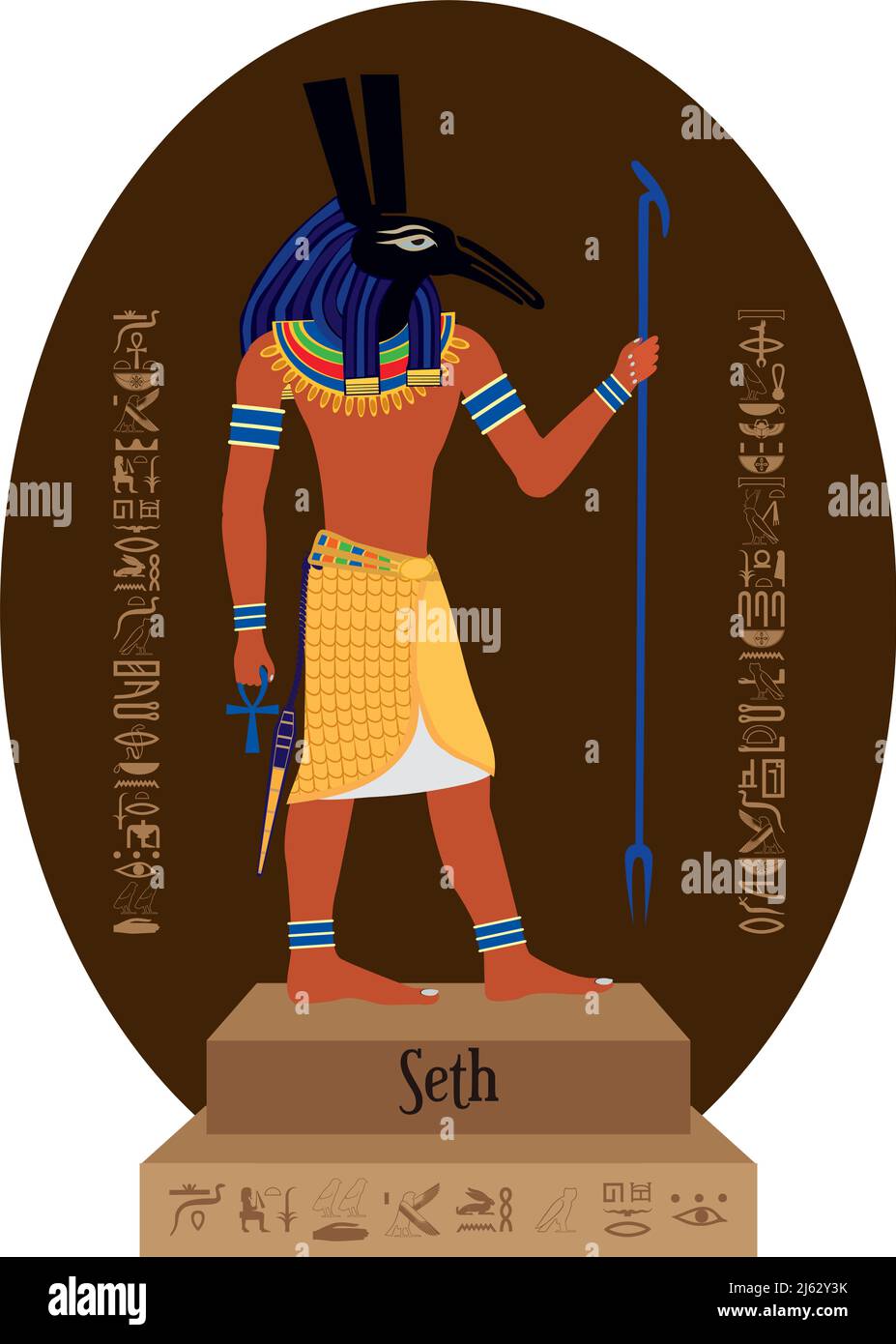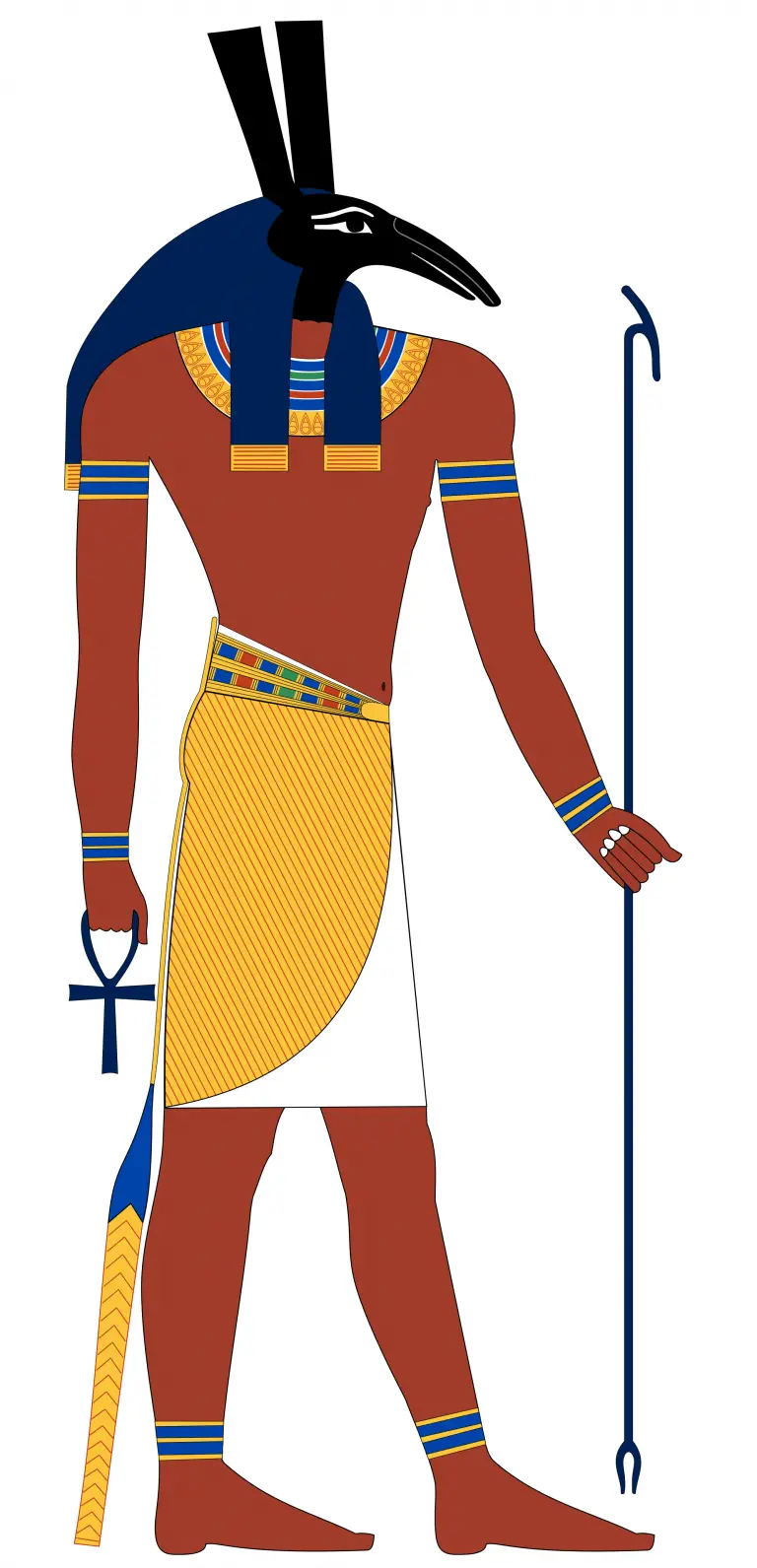Seth MacFarlane And Elon Musk: Exploring Public Views And Digital Discourse
In today's fast-paced world, where opinions fly around on social media platforms, it's pretty interesting to see how different public figures interact. We often watch as people from entertainment and the tech industry, who are very much in the public eye, express their thoughts on all sorts of things. Sometimes, these thoughts might even clash, or perhaps they show a shared way of looking at the world. This can be quite a thing to observe, especially when it involves figures as well-known as Seth MacFarlane and Elon Musk. It's almost like watching a play unfold, you know, with real people and their actual opinions.
You see, Seth MacFarlane, a creative mind behind popular animated shows, has a voice that reaches many. He uses humor, and sometimes a bit of satire, to talk about current events and societal matters. Then there is Elon Musk, a very big name in technology and space exploration, who also has a significant presence on social media, often sharing his ideas and reactions. So, when these two figures, both with large followings, appear to have different viewpoints, or even just exist in the same public conversation space, it definitely gets people talking. It's that, is that, a natural curiosity, really.
This discussion aims to look at the points where the worlds of Seth MacFarlane and Elon Musk might meet, or perhaps where they seem to move in different directions. We will consider what their public stances suggest about their views, especially regarding topics that often spark debate in our digital age. It's a look at how prominent individuals shape public conversations, and how those conversations, in turn, shape how we see the world. It’s pretty fascinating, actually, how these things play out.
- Amc Independence Commons 20 Theater
- La Catrina Mexican Grill
- So Cal Edison Blackouts
- Wonder Woman Andteve Trevor
- Cinema West Hartford
Table of Contents
- Who Are Seth MacFarlane and Elon Musk?
- The Intersection of Hollywood and Silicon Valley in Public Discourse
- Seth MacFarlane's Public Commentary and Musk's Reactions
- Themes of Free Speech and Social Media Governance
- The Role of Satire and Public Opinion
- Broader Implications of Celebrity and Tech Leader Interactions
- Frequently Asked Questions (FAQs)
- What This Means for Public Dialogue
The name "Seth" itself has a long history, appearing in many ancient stories and traditions. For instance, some very old writings tell us about Seth, a significant figure in biblical texts, known as a son of Adam and Eve. There's also Seth, an ancient Egyptian god, often linked with things like chaos or storms. These different historical meanings show how a name can carry various associations over time. However, the Seth we are talking about here, Seth MacFarlane, is very much a contemporary figure, known for his work in modern entertainment, and quite distinct from these historical figures.
Who Are Seth MacFarlane and Elon Musk?
Seth MacFarlane is a truly creative force in American entertainment, known for bringing many popular animated television shows to life. He created, wrote, and often voiced characters in shows like *Family Guy*, *American Dad!*, and *The Cleveland Show*. He also branched out into live-action projects, perhaps most notably with the science fiction comedy-drama *The Orville*. His work often uses humor to explore social commentary, political ideas, and cultural observations. He has, you know, a very distinct style that many people recognize.
Elon Musk, on the other hand, is a very prominent figure in the technology and business world. He is the chief executive of Tesla, a company known for electric vehicles, and SpaceX, which focuses on space exploration. More recently, he became the owner of X, formerly known as Twitter. Musk is known for his big ideas, his outspoken nature, and his frequent use of social media to communicate directly with the public. He's quite a public person, you see, often sparking conversation with his posts.
- Ace Auto Ricet
- List Of Ontario Millstores
- Modesto Family Court
- Tom And Jerry 2020 Cast
- Country Hills Ford
These two individuals, Seth MacFarlane and Elon Musk, come from quite different professional backgrounds. MacFarlane shapes culture through storytelling and comedy, while Musk shapes industry and technology. Yet, both command significant public attention and have platforms where they share their perspectives, sometimes causing quite a stir. It's interesting, really, how their paths can cross in the broad public sphere.
The Intersection of Hollywood and Silicon Valley in Public Discourse
The worlds of entertainment and technology, while seemingly separate, often come together in public conversations, particularly on social media. People who work in Hollywood, like Seth MacFarlane, frequently use their platforms to talk about issues that matter to them, whether those are political topics, social changes, or even the actions of big tech companies. Similarly, leaders in Silicon Valley, such as Elon Musk, are increasingly vocal about broader societal issues, sometimes stepping beyond their business roles. This merging of voices, it's almost, you know, a new kind of public forum.
This blend of commentary creates a very interesting dynamic. Entertainers might use their influence to criticize or praise tech developments, or the people behind them. Tech leaders, in turn, might react to cultural trends or the way their companies are portrayed in media. It means that conversations about technology are no longer just for tech experts; they become part of the wider cultural dialogue. This is, you know, a pretty big shift from how things used to be.
For instance, the ownership and direction of social media platforms, like X, have become a very hot topic. Many public figures, including those from entertainment, have expressed strong opinions about changes to these platforms, particularly concerning free speech and content moderation. This is where someone like Seth MacFarlane, who relies on platforms for public engagement, might find himself commenting on the decisions made by someone like Elon Musk, who owns such a platform. It creates, perhaps, a natural point of interaction.
Seth MacFarlane's Public Commentary and Musk's Reactions
Seth MacFarlane has, over time, made his opinions known on a variety of subjects, often through his social media presence or within his creative works. He has a way of using humor and sharp observations to point out things he sees as important or perhaps problematic. Given Elon Musk's very public and often controversial statements and actions, particularly since acquiring X, it would be quite natural for MacFarlane to comment on these developments. You know, it's pretty much in line with his usual approach.
While direct, widely reported "feuds" between Seth MacFarlane and Elon Musk might not be a daily headline, their public personas and general viewpoints suggest areas where their perspectives could differ significantly. MacFarlane often leans into progressive social commentary, while Musk's public statements have, at times, drawn criticism from those with similar leanings. So, you might see MacFarlane making general statements about the state of social media or public discourse that, in a way, could be seen as a critique of the direction Musk has taken X.
Musk, for his part, is very active on X and frequently responds to critics, engages with followers, and shares his own views on various topics, including free speech and content policies. He typically does not shy away from controversy and often doubles down on his positions. So, if MacFarlane were to make a direct or indirect comment, it's not entirely out of the question that Musk might acknowledge it, or perhaps respond with his own perspective. It's all part of the very public conversation that happens on these platforms, you know.
For example, when there are big changes to how X operates, or when debates about what can or cannot be said on the platform flare up, many public figures weigh in. Seth MacFarlane, with his long history of speaking his mind, has been among those who have expressed concerns about the platform's direction under its new ownership. These comments often reflect a broader worry among some users about the future of online communication. It's honestly a significant point for many.
Musk's responses, when they happen, often reflect his belief in a very broad interpretation of free speech, sometimes leading to policy changes that some find problematic. He tends to frame his decisions as promoting open dialogue, even if that means allowing content that others find objectionable. This contrast in approaches is, in some respects, at the heart of the public discussion surrounding these two figures, even if their interactions are not always direct.
Themes of Free Speech and Social Media Governance
One of the biggest areas where the views of figures like Seth MacFarlane and Elon Musk might come into focus is around the idea of free speech on social media. MacFarlane, through his comedy, often pushes boundaries and challenges norms, suggesting a belief in the importance of open expression. Yet, he also operates within an industry that has evolving standards for what is acceptable or harmful. This balance, you know, is quite a thing to manage.
Elon Musk, as the owner of X, has made free speech a very central part of his platform's mission. He has often stated his commitment to allowing a wide range of voices, even those that might be unpopular or controversial. This stance has led to significant changes in content moderation policies on X, which have been met with both praise and considerable criticism. It's a very, very strong position he takes, you see.
The debate often revolves around where the line should be drawn. Is "free speech" absolute, or does it come with responsibilities, especially on platforms that can amplify harmful content? People like MacFarlane might argue for a more nuanced approach, one that considers the impact of speech on vulnerable groups or the spread of misinformation. Musk, conversely, might argue that more speech, even problematic speech, is the best way to combat bad ideas. These are, basically, two very different ways of looking at things.
The governance of social media platforms is a really complex topic. It involves balancing user rights, platform safety, and business interests. The decisions made by platform owners, like Musk, have far-reaching consequences for public discourse, political movements, and even global events. It's not just about what one person says, but how a platform shapes the conversation for millions. That, is that, a pretty big responsibility.
When figures like Seth MacFarlane comment on these issues, they bring attention to the concerns of a large segment of the public. Their critiques or endorsements can influence how people perceive these platforms and their leaders. It's a kind of public pressure, you know, that can sometimes lead to further discussion or even adjustments in policy.
The Role of Satire and Public Opinion
Seth MacFarlane is, arguably, a master of satire. His shows frequently use humor to comment on current events, political figures, and societal trends. Satire has a long history as a tool for social commentary, allowing creators to critique powerful individuals or institutions in a way that is both entertaining and thought-provoking. When it comes to figures like Elon Musk, who are often in the headlines, they become natural subjects for such comedic treatment. It's, you know, a very effective way to get a point across.
Satire can shape public opinion by presenting complex issues in a more digestible, often humorous, format. It can highlight absurdities, challenge authority, and encourage people to think critically about what they see and hear. When MacFarlane's work touches on themes related to technology, wealth, or the influence of billionaires, it can definitely resonate with audiences who might have their own feelings about these topics. It's a powerful way to influence, you see.
Elon Musk, on the other hand, also uses humor and memes, particularly on X, to communicate and sometimes to deflect criticism. His style is often very direct and informal, which appeals to some segments of his audience. However, his humor is generally not satirical in the same way MacFarlane's is; it's more about building a connection or making a point quickly. This difference in comedic approach, it's pretty noticeable.
The interplay between MacFarlane's satirical commentary and Musk's public reactions (or lack thereof) contributes to the ongoing public conversation about wealth, power, and technology. It shows how different forms of communication can influence how people feel about prominent figures. Public opinion is, after all, a fluid thing, shaped by many voices and many types of media. It's quite a complex system, honestly.
When a comedian or satirist targets a public figure, it can sometimes amplify existing criticisms or introduce new perspectives to a wider audience. This can put pressure on the public figure to respond or adjust their public image. It's a kind of informal check on power, you might say, carried out through the medium of entertainment. This is, you know, a pretty important aspect of public life.
Broader Implications of Celebrity and Tech Leader Interactions
The public interactions, or even just the differing public stances, between figures like Seth MacFarlane and Elon Musk, have implications beyond just their personal views. They reflect a broader cultural dialogue about who holds power in society and how that power should be used. When a prominent entertainer comments on a tech mogul, it highlights the increasing overlap between cultural influence and technological innovation. It's really quite a modern phenomenon.
These interactions also show how public figures, regardless of their primary field, are now expected to have opinions on a wide range of issues. The lines between entertainment, business, and politics have blurred, especially with the rise of social media. This means that a comedian can be a political commentator, and a tech CEO can be a cultural influencer. It's, you know, a very interconnected world now.
The way these figures communicate, and how the public reacts to their exchanges, can also shape how we think about the future. For example, debates about artificial intelligence, space exploration, or the future of work often involve both tech leaders and cultural commentators. Their differing visions, or shared hopes, help to frame the public discussion. It's pretty much a continuous conversation, as a matter of fact.
Moreover, these public discussions can sometimes lead to real-world impacts. For instance, strong public criticism from influential figures can put pressure on companies or individuals to change their practices. Conversely, support from beloved celebrities can boost a public figure's image or a company's standing. It's a pretty powerful dynamic, you see, that plays out in the public eye.
The ongoing dialogue between entertainment and tech figures, like Seth MacFarlane and Elon Musk, also serves as a mirror for society itself. It reflects our collective hopes, fears, and disagreements about the rapid changes happening around us
- Dodgercore Today
- Return Policy Forteam
- Connecticut Department Of Motor Vehicles Norwalk
- La County Fair Map
- Amc Independence Commons 20 Theater

Myths and Facts About Seth- the Egyptian God of Chaos and War - World

Illustration vector isolated of Egyptian God, Seth Stock Vector Image

Seth: God of Chaos – Facts About Ancient Egyptians